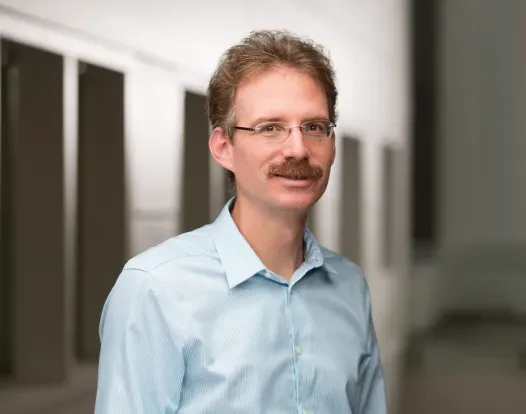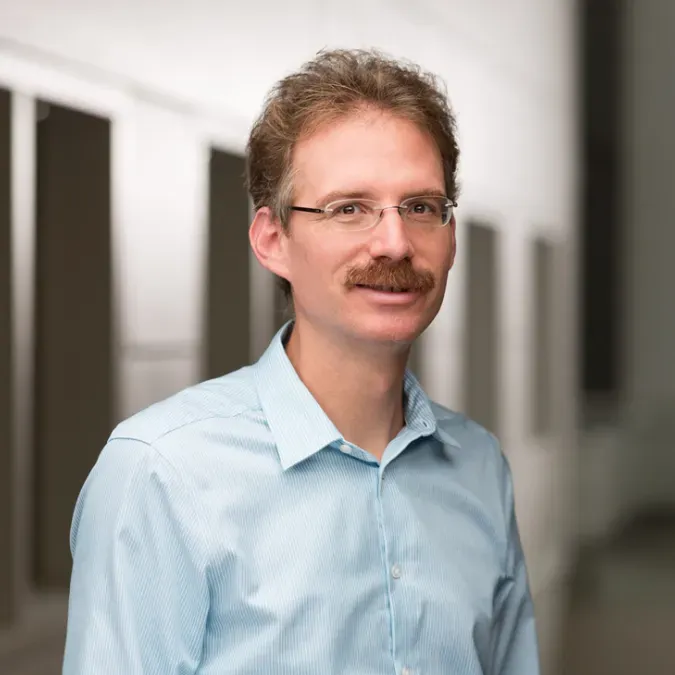These researchers have dedicated their careers to finding new treatments and cures for people with cancer.


How does it feel to serve U.S. veterans every day when you go to work?
I love working with and for veterans. They are the most appreciative patients I have ever worked with. Also, it is great to get to know some of them over time and hear their experiences from their time in the service, which are quite impressive.
How can we all honor vets on Veterans' Day?
I think it is very important to listen to veterans’ unique experiences and to understand their needs. Their experiences are often very different from anything a civilian may have experienced and may explain certain needs they have – which may be medical, social, or psychological. Let’s approach these needs in a non-judgmental fashion and with an open heart – on Veterans' Day and on any other day!
Is there a need to have cancer research specific to military veterans?
My answer is a strong YES! Cancer is very common among veterans, and there are specific issues relevant to veterans that need to be addressed. For example, in my field, veterans are more likely to be diagnosed with bladder cancer than the general population for three reasons. First, cigarette smoking is the most important risk factor for bladder cancer and smoking is approximately 1.5 times more common among veterans than in the general population. Second, bladder cancer is most common among older men, and 50 percent of veterans are men older than 65 years compared to 16 percent in the general population. Third, veterans may have had exposure to additional risk-factors or toxins, such as Agent Orange.
How does donor-supported research allow you to study nuanced areas of cancer care?
The support from Conquer Cancer allowed me to focus my research on examining current care for veterans with bladder cancer. Findings from this work have sparked a follow-up grant application to the Department of Veterans Affairs Health Services and Development Service – and I am happy to report that this further work will be funded next year. From a personal perspective, the Career Development Award has helped me to launch my research career, moving from mentored research to becoming an independent principal investigator of the new multi-site follow-up grant.
Can you give us an update on your 2015 CDA project and the impact it has had on your work to conquer cancer?
We found that many veterans with low-risk bladder cancer receive too much follow-up care and many others with high-risk bladder cancer do not receive enough (recently published in JAMA Network Open). This work prompted the recent research grant to the Department of Veterans Affairs Health Services and Development Service, which will focus on implementing more risk-aligned follow-up care for all veterans with bladder cancer. This future work will allow us to move from describing quality gaps to improving care. The focus will be on helping both providers and veterans so that each veteran receives the most appropriate follow-up care given their individual bladder cancer risk.

